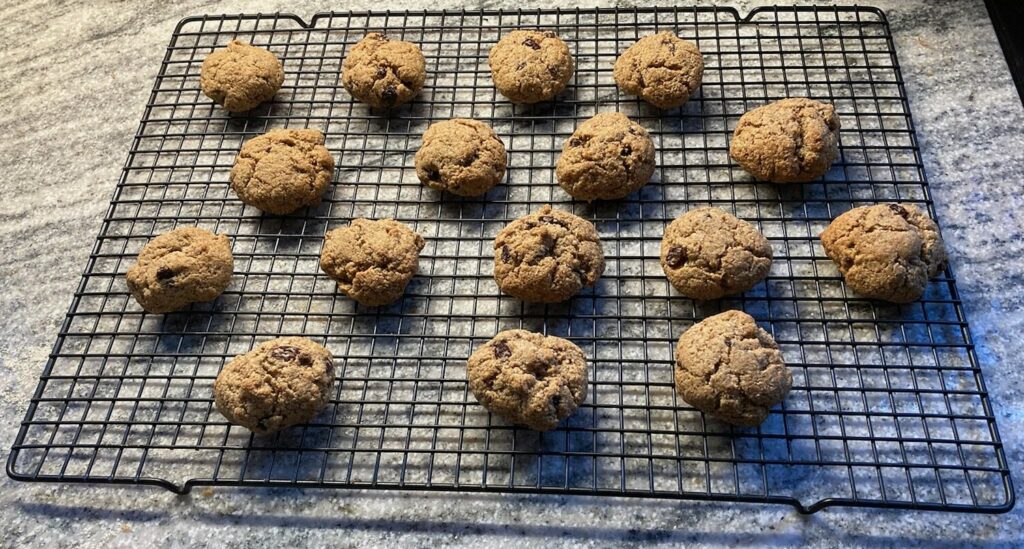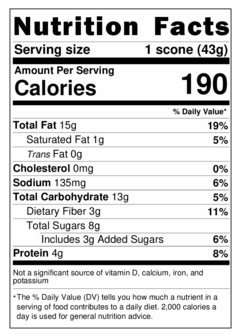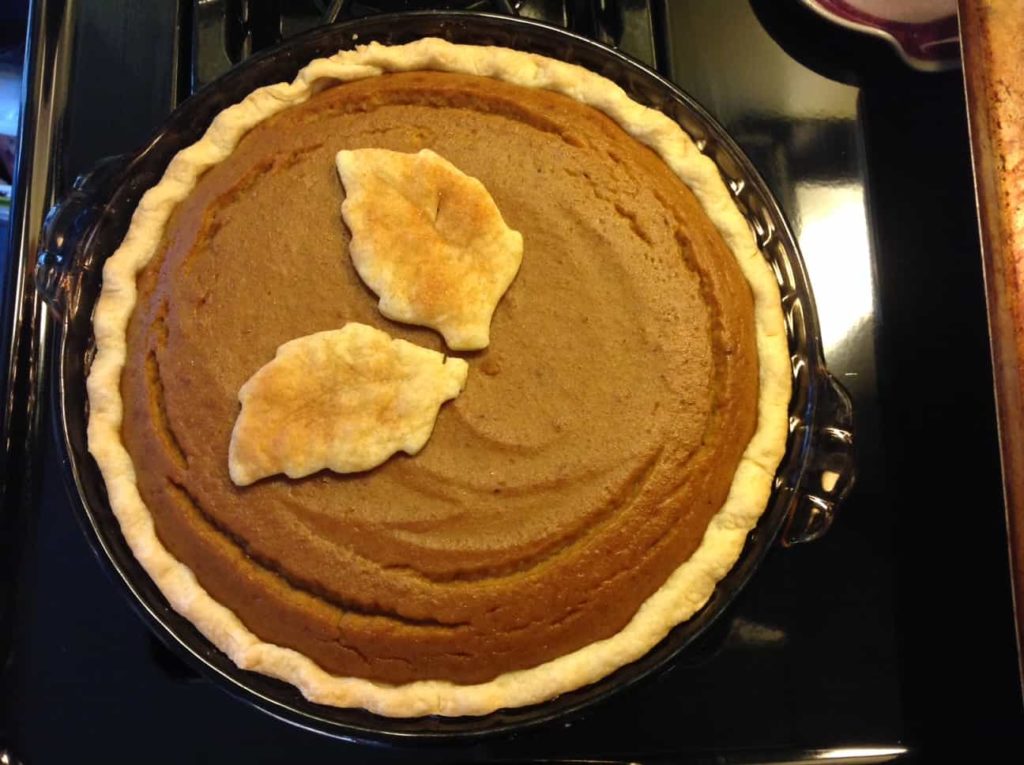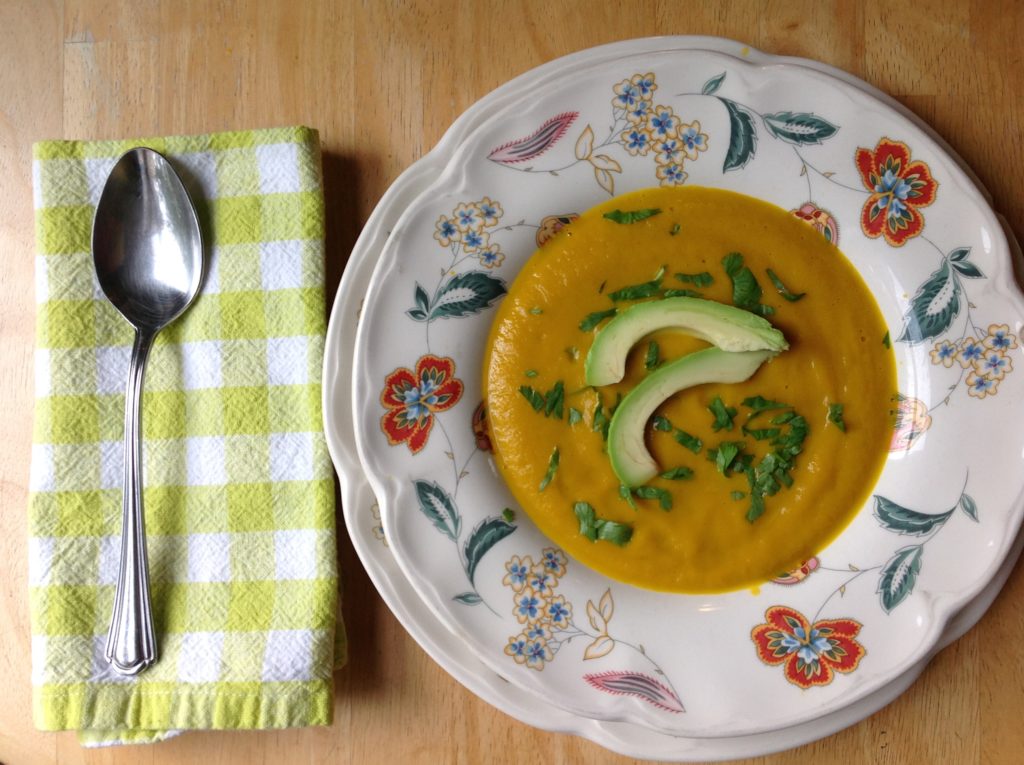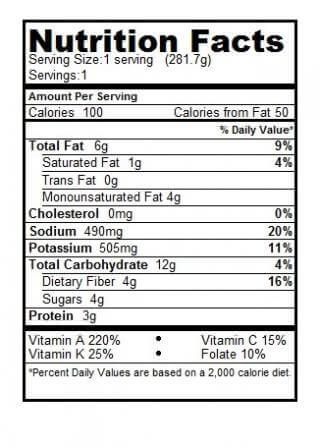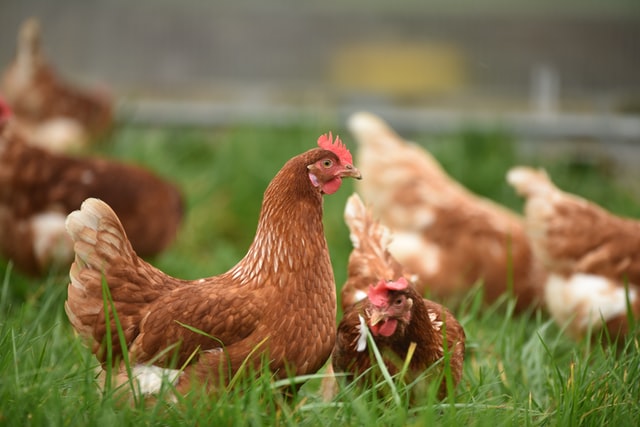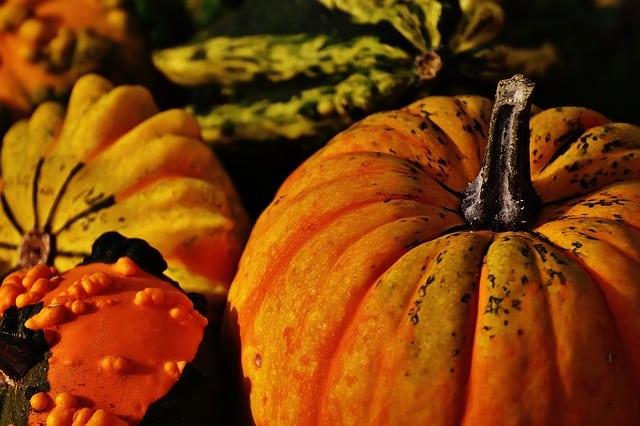I recently stumbled across this recipe for high-protein waffles, made with just 4 ingredients. While Liew’s recipe is genius in its own right, if you’re willing to throw a couple of extra ingredients into the blender, you can take it to the next level. Honestly, it’s hard to imagine ever making regular waffles again.
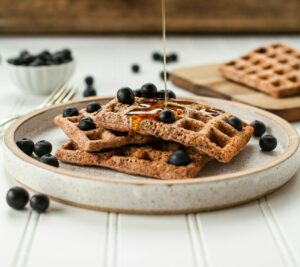
Ingredients
2 eggs
1/2 cup cottage cheese (2% milkfat)
1/2 cup unflavored whey protein powder
1/2 cup old-fashioned rolled oats
1 medium banana
1 teaspoon vanilla extract
1 teaspoon apple cider vinegar
1/4 teaspoon baking soda
1/4 teaspoon salt
Whole flax seeds (optional)
Instructions
- Preheat waffle iron. (You want that sucker HOT.)
- Add all ingredients to a high-powered blender in the order listed and blend until smooth.
- Brush or spray hot waffle iron with oil and pour in batter. (For an 8-inch square iron, use half the batter.)
- Sprinkle flaxseeds (if using) evenly over the batter before closing the iron.
- Cook until crisp and browned.
Tip: If cooking extra to freeze (highly recommended) cook them just till golden.
Serving suggestions: They’re great with butter and maple syrup–although this obviously adds more sugar and calories. But they’re also amazing spread with peanut butter or topped with warmed applesauce.
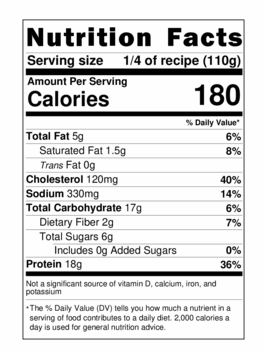
Note: I have an 8-inch square, small-dent waffle iron and this recipe fills it twice. If you’re using a Belgian waffle iron, well, we can agree to disagree on the correct size for a waffle dent. But I’m not sure how many waffles you’ll get out of the recipe…maybe 3? (Someone let me know in the comments.)


